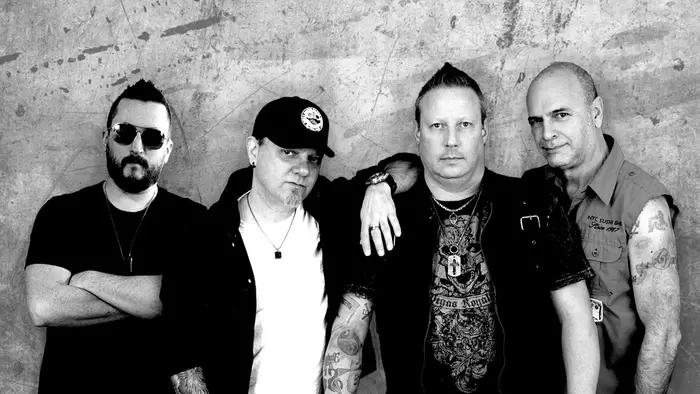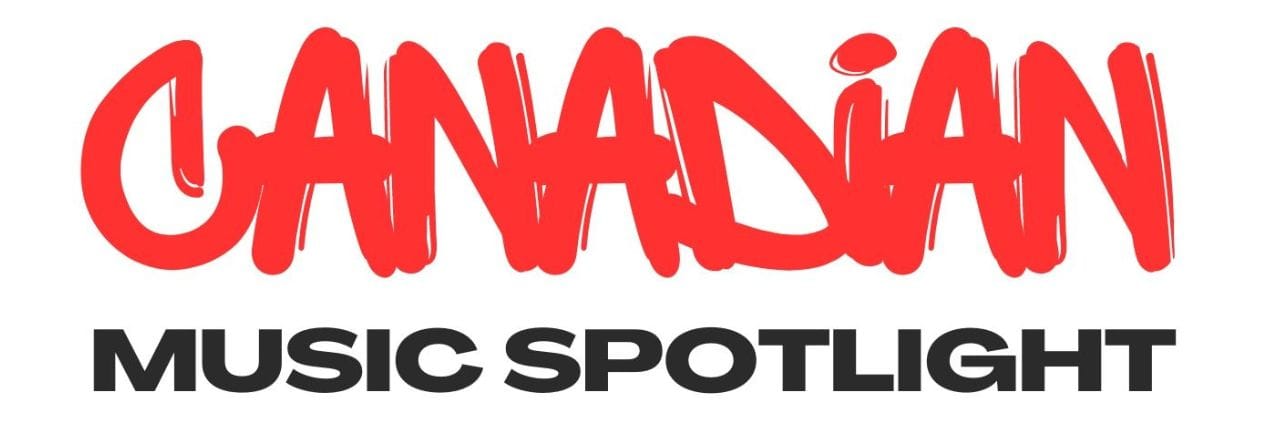My Top 5 Live Performance Tools

By Rob Barton
Jamming with your band in a basement or rehearsal space, writing and recording songs with endless time for multiple takes is one thing. Performing live, however, is a different experience altogether, as every choice you make on stage is closely watched by an audience. So, how do you translate what you've rehearsed in the basement to a live performance? Allow me to share some tips and insights that have helped me improve as a live performer.
1. Know You’re Material. First, know your music inside and out. When you're on stage, nerves can take over and muscle memory becomes your best friend. Practice until your songs become second nature. This doesn't mean repeating the same notes over and over like a robot—it means understanding your music so thoroughly that you can play it while focusing on your performance rather than struggling to remember what comes next.
2. Stage Presence. How you present yourself onstage matters immensely. Watch footage of your favourite performers and notice how they work the crowd. Some use large gestures and constant movement, while others might use stillness and intensity. Find what feels authentic to you and your music. Audiences can spot insincerity from a mile away.
3. Connect to Your Audience. This is perhaps the most important part of your live performance. Make that audience connection count. Make eye contact, acknowledge their presence, and create moments where they can participate. Remember that a live show is a shared experience between you and your audience. They are there to be entertained, not simply listen to your music. The energy exchange between performer and audience can elevate a good show to an unforgettable one.
4. Don’t Ignore the Spaces. Between-song banter deserves practice too. Awkward silences or rambling monologues can kill the momentum. Prepare a few talking points or stories that feel natural and connect with your music. That said, remain flexible. Some of the best moments come from spontaneous interaction.
5. Be Adaptable. When things go wrong—because they will—don’t panic. Equipment fails, venues have poor acoustics, and band members make mistakes. How you handle these moments defines your professionalism. A good performer acknowledges issues with grace, maybe even incorporating them into the show with humour, rather than becoming frustrated.
Performing live is always challenging, especially when you consider the unpredictable elements that can complicate things further. Hopefully, these suggestions will help you to be prepared for all situations and transform your live show from lacklustre to extraordinary.
Rob Barton is vocalist for Suicide Star
Website: suicidestarmusic.com
